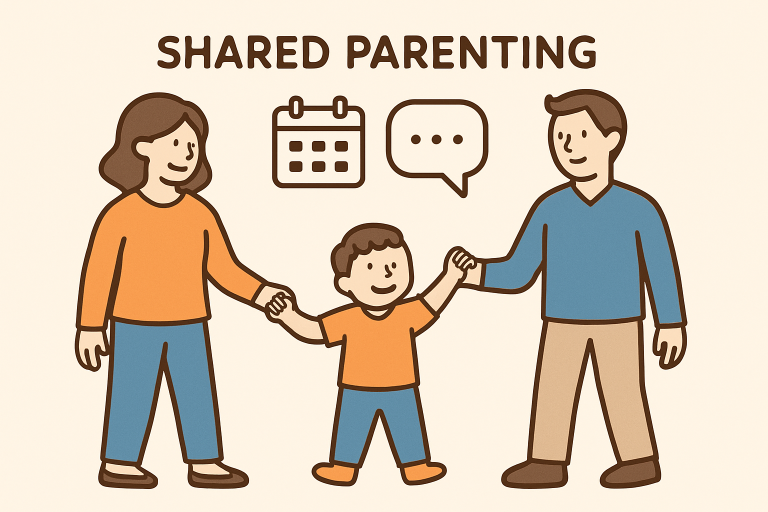The balancing act between work and parenting has become increasingly complex in today’s fast-paced world. Many parents find themselves stretched thin with demanding careers, long commutes, and the expectation of being present for every milestone in a child’s life. The challenges aren’t just logistical; they are emotional and psychological as well. Parents often grapple with guilt—questioning whether they’re doing enough for their children or giving enough to their careers. Amid these pressures, one figure often works quietly behind the scenes to restore a sense of stability: the nanny.
A nanny does more than supervise children. They form bonds, offer consistency, and become trusted figures in a household that is constantly in motion. While family and friends can provide temporary support, a nanny often represents a reliable and enduring presence in a child’s daily routine. In urban environments—where work demands are particularly high and family networks might be limited—many families turn to a trusted nanny agency in NYC to find professional caregivers who fit seamlessly into their lives. These agencies specialize in matching families with nannies whose values, schedules, and skills align with the household’s unique needs, helping to create a stable home environment even amid busy workweeks.
The Emotional Landscape of Working Parents
For working parents, especially in dual-career households, the emotional labor of parenting is huge. It’s not just about school pickups or recitals; it’s about being emotionally available after a long workday. Overwhelmed parents affect children, who sense stress and react accordingly. A professional nanny can act as an emotional buffer—providing attention, consistency, and calm when parents are busy. Often, a nanny isn’t just a caregiver but a vital part of a household’s emotional structure. They help create routines and maintain normalcy during times of change, like moving, a new sibling, or job transitions, which is especially important for children who need stability and emotional continuity.
Nannies as Partners in Development
A nanny’s role extends beyond basic caregiving to supporting a child’s early development through play, reading, and educational activities, especially for busy parents. Experienced nannies monitor developmental milestones, observe patterns, note concerns, and assist with transitions like toilet training and behavior changes. Sharing these insights helps parents understand their child’s growth and challenges better, enriching the parenting process even during busy periods.
Flexibility and Trust in a Complex Schedule
One of the biggest challenges for working parents is managing unpredictable schedules with late meetings, piling deadlines, and inevitable travel. A reliable caregiver, like a nanny, is vital. They provide the flexibility needed to meet work commitments while ensuring children’s safety. Trust is essential; parents need confidence that their children are cared for respectfully. Over time, nannies can become trusted confidantes, offering emotional support beyond caregiving.
Balancing Identity: Professional and Parent
Many modern parents balance being committed employees and involved caregivers. A nanny doesn’t lessen their role but enhances it by easing daily logistics, allowing parents to be more present and intentional with their children. Being a good parent isn’t just about physical presence 24/7 but about creating a loving, supportive environment where children can thrive. A nanny plays a key role in fostering this environment.
Quiet, Yet Essential: The Nanny’s Role in Family Life
Unlike schoolteachers or pediatricians, nannies often go unrecognized for their impact on a child’s life, yet they are crucial for many families. They help parents balance work and family, especially for single parents or those with demanding jobs. The bond with a nanny is often deep and long-lasting, involving shared moments like birthdays and first steps, and requires skill, patience, emotional intelligence, and adaptability.
READ ALSO: Co-Parenting With Confidence: Strategies for Positive Family Transitions











